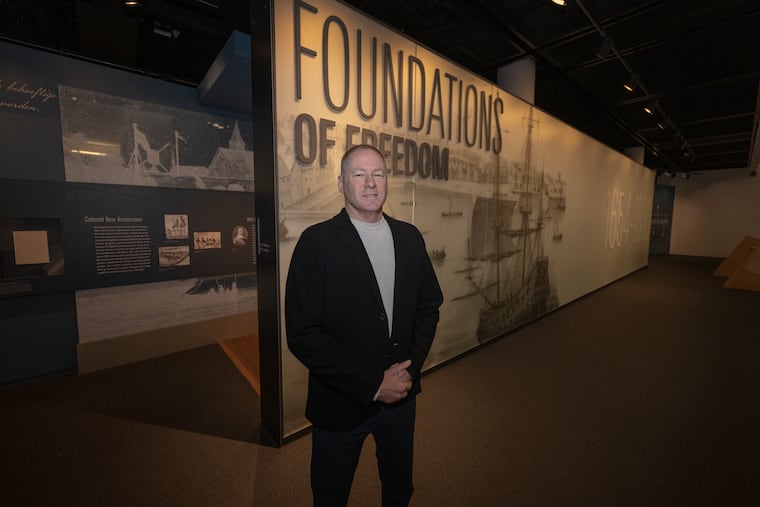Feds claim Sean ‘Diddy’ Combs’ Bad Boy Records was created to safeguard its leader during closing arguments in the case.
In a legal showdown that underscores the complexities of celebrity culture and alleged criminality, Sean “Diddy” Combs stands accused of leading a criminal syndicate entrenched in sex trafficking and racketeering. Federal prosecutor Christine Slavik delivered a compelling closing argument on Thursday in Manhattan federal court, outlining how Combs, once viewed as a towering figure in the music industry, leveraged his wealth and fame to create an environment of fear and intimidation, primarily against women. This narrative was crafted over the course of a seven-week trial, where jurors heard testimony that painted a grim picture of a man who—while once untouchable—used his power to manipulate and control his victims.
According to the prosecution, the evidence suggests that Combs operated much like a mob boss, surrounding himself with a network of enforcers from his Bad Boy Records empire. These individuals, including personal bodyguards and assistants, engaged in various illegal activities such as kidnapping, bribery, and even arson to maintain Combs’ influence and desires. Slavik underscored that the purpose of this alleged enterprise was the protection of Combs’ interests, asserting that the collaborative criminal activities intensified the threat faced by his victims.
The testimonies presented in court included harrowing accounts from Combs’ former associates and intimate partners, notably from Casandra “Cassie” Ventura and an anonymous victim referred to as “Jane.” These testimonies recounted instances of physical abuse, including savage assaults in public places, and emphasized a systematic pattern of intimidation used by Combs. Witnesses elaborated on disturbing “freak-off” parties that blurred the lines of consent and involved drug-induced states designed to keep participants compliant.
The prosecution’s argument positioned Combs as a manipulative figure—someone who began relationships with affection and esteem, only to later employ psychological tactics that degraded and objectified women. This cycle of manipulation, referred to as trauma bonding, allowed Combs to further exploit his partners amidst a backdrop of criminal activities. Slavik detailed how Combs allegedly arranged for escorts to fulfill his sexual preferences, often using threats of violence or financial repercussions to ensure compliance.
The legal team portrayed Combs’ operations as deeply ingrained and consciously illegal, citing episodes of bribing hotel staff to suppress damaging evidence of abuse. Notably, jurors learned of an incident where a video capturing Combs’ alleged assault on Ventura was concealed after attempts to buy its silence with a significant sum of money.
As the prosecution laid out its case, they highlighted Combs’ connection to a series of violent incidents, including threats made against other intimate partners who dared to defy him. Combs has pled not guilty to charges that include sex trafficking by force, fraud, or coercion, and racketeering conspiracy, with potential penalties that could lead to a lifelong prison sentence should he be convicted.
The trial is emblematic of broader societal conversations around power dynamics, celebrity culture, and the enforcement of justice in cases of sexual violence. It remains to be seen how jurors will reconcile the complexity of celebrity with the stark allegations laid out in court as deliberations begin. This high-profile case continues to garner widespread attention, not only for its celebrity implications but also for its exploration of systemic issues regarding consent and the protection of vulnerable individuals against powerful figures.
Media News Source.







